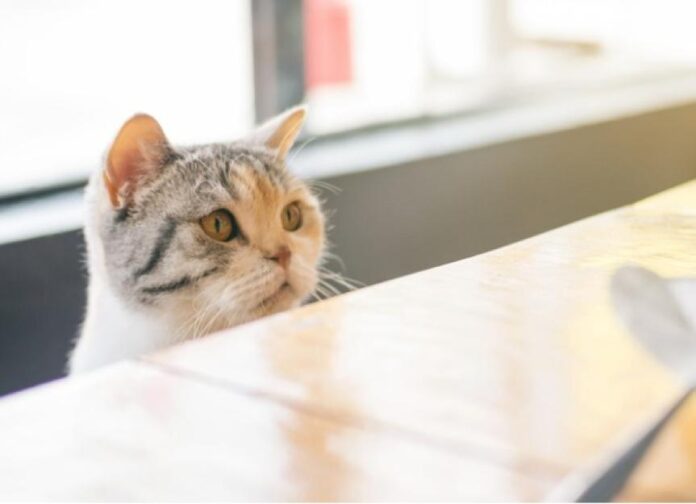Homemade Cat Food: A Healthier Alternative or Just a Trend?
Homemade meals are often considered healthier than store-bought options for humans, leading many pet owners to question if the same holds true for their feline companions. However, when it comes to homemade cat food, the reality is more complicated.
Before embarking on the journey of crafting homemade meals for your cat, it’s important to understand the complexities involved in ensuring your pet receives a nutritionally complete and balanced diet.
Assessing Homemade Cat Food Advantages
Creating your own cat food has its perks. Notably, it grants you full control over the ingredients:
- Choose organic and grain-free options.
- Avoid artificial colors, flavors, and preservatives.
- Tailor the diet to accommodate your cat’s specific dietary sensitivities.
For cats with food allergies or intolerances, homemade meals present an effective way to manage their dietary needs. Furthermore, sick cats may be more willing to eat home-prepared options when commercial choices fail to entice them.
Dissecting the Health Impact of Homemade Cat Food
Contrary to popular belief, homemade cat food is not automatically healthier than commercial alternatives. High-quality commercial diets often offer similar benefits:
- Natural canned cat foods are free from artificial additives.
- Organic options are widely accessible.
- Veterinary diets adhere to strict quality control standards, crucial for cats with dietary sensitivities.
Considering Cooked vs. Raw Homemade Cat Food
If you are contemplating a raw diet for your cat, several critical factors warrant consideration. The risk of contamination in raw animal products can be alarmingly high. For instance, USDA estimates indicate that around 25% of raw chicken in food production may harbor Salmonella or Campylobacter bacteria.
While healthy cats may fend off many foodborne illnesses, young, elderly, or ill animals are more vulnerable. Moreover, feeding whole raw bones, while commonly recommended, can lead to dental injuries and gastrointestinal complications.
Guidelines for Preparing Homemade Cat Food
If you are prepared to craft your cat’s meals, adhere to these essential guidelines to ensure their nutritional needs are met:
1. Ensure Nutritional Balance
Balanced nutrition is key for your cat’s well-being. Excess or deficiency of vital nutrients can lead to significant health issues. Research has shown that many homemade cat food recipes lack crucial nutrients, as documented in a 2019 study evaluating home-prepared diets.
2. Use Vet-Approved Recipes
Consult a board-certified veterinary nutritionist for recipes tailored to your cat’s unique needs. Your veterinarian can direct you to a specialist, or explore online services like Petdiets.com and BalanceIt.com for professional guidance.
3. Follow Recipes Precisely
Altering a recipe without professional guidance can compromise your cat’s health. Consistently adhere to recommended ingredients, including essential vitamin and mineral supplements.
4. Incorporate Necessary Supplements
A balanced homemade diet is nearly impossible without vitamin and mineral supplementation. Rely on reputable resources to determine exact supplementation requirements for your recipes.
5. Commit Time for Meal Preparation
Making your cat’s food can be time-intensive and costly. To simplify the process, prepare larger batches and freeze meal-sized portions, ideally thawing overnight before serving.
6. Transition Gradually
Avoid sudden dietary changes, which can upset your cat’s stomach. Gradually mix new food into their diet over one to two weeks, and consult your veterinarian if your cat experiences any adverse reactions.
7. Monitor Health with Regular Vet Visits
Cats on a homemade diet should have regular veterinary check-ups (two to three times a year) to monitor their health and ensure that their dietary needs are being met effectively.
By remaining informed and consulting professionals, you can make homemade cat food a viable option, ensuring that your feline friend receives a diet that promotes their health and happiness.
Conclusion
While the shift to homemade cat food can be appealing, careful consideration and professional guidance are essential to ensure that your cat remains healthy and nourished. Balancing convenience, cost, and safety will help you make the best decisions for your beloved pet.
Featured Image: iStock.com/Bebenjy











